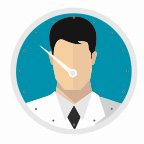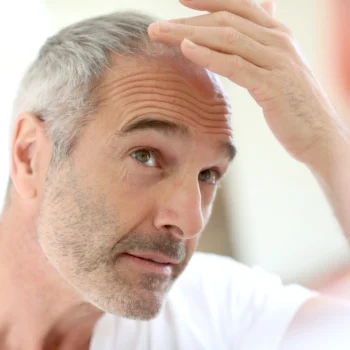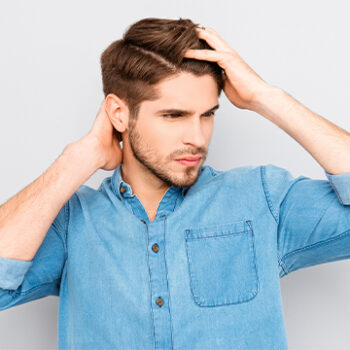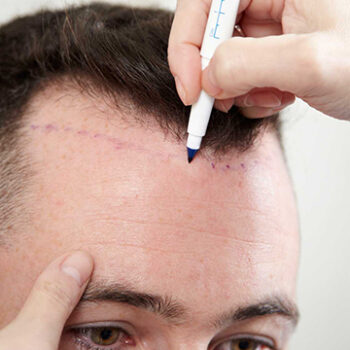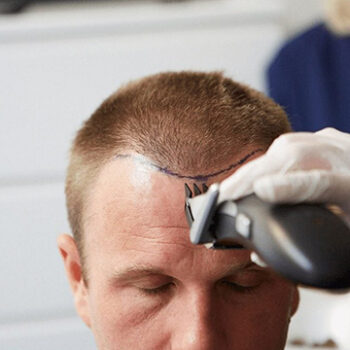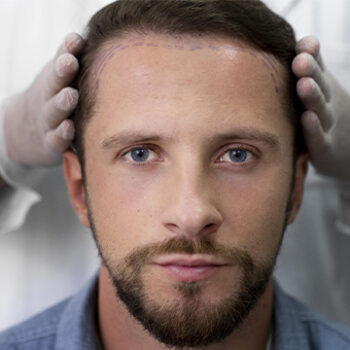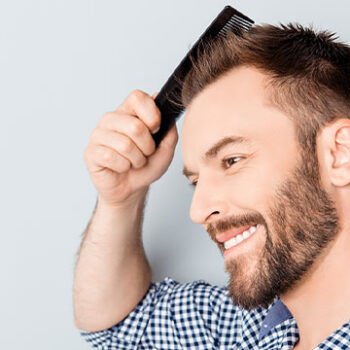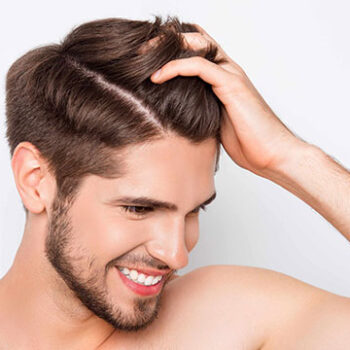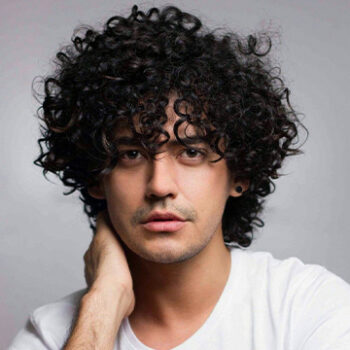Managing Itching After Hair Transplant: Comfort and Care Tips
Itching is a common experience after a hair transplant, especially as the scalp begins to heal. While itching is a natural part of the recovery process, managing it properly is essential to avoid disturbing the newly implanted grafts. Scratching the transplanted area can damage the follicles, slow healing, or even cause graft loss. Fortunately, with the right care and patience, it is possible to manage itching effectively during the recovery period.
Understanding Itching After Transplantation
Itching occurs as a natural response to the healing of micro-wounds created during hair transplant surgery. It can happen for a variety of reasons:
- Formation of Scabs: As the scalp heals, small scabs form around the implanted grafts, often causing itchiness. This indicates that the scalp is in the process of recovery.
- New Hair Growth: As new hair starts to grow, the follicles may create mild irritation, leading to itching.
- Dryness of the Scalp: Post-transplant care instructions often restrict washing for the first few days, which can cause dryness and itching.
- Use of Topical Medications: Some post-operative products, such as antiseptic sprays or lotions, may cause mild irritation.
While itching is usually harmless, persistent or severe itching could indicate an issue, such as an allergic reaction or infection. If this occurs, it is essential to consult your doctor.
How Long Does Itching Last After a Hair Transplant?
The duration of itching can vary from person to person, but most patients experience itching in the following stages:
First Week: Mild itching is common as the scabs form around the grafts. This phase is crucial since scratching could dislodge the delicate grafts.
2-3 Weeks Post-Surgery: Itching may intensify slightly as scabs begin to fall off and new hair starts to grow. This stage marks the middle of the healing process.
After 1 Month: By this time, most of the scabs have fallen off, and the intensity of itching decreases. Occasionally, patients may still feel mild irritation as new hair follicles develop under the skin.
After 6-8 Weeks: The itching should subside completely. If it persists beyond this period, consult your surgeon to rule out any complications.
Tips for Managing Itching After Hair Transplant
To minimize discomfort and avoid disrupting the grafts, follow these care tips:
- Avoid Scratching: As tempting as it may be, do not scratch the scalp. Scratching can damage the transplanted follicles or introduce bacteria, increasing the risk of infection.
- Moisturize the Scalp: If dryness is causing the itching, ask your surgeon if you can use a light, fragrance-free moisturizer or a saline spray to keep the area hydrated.
- Wash the Scalp Gently: Once your doctor permits washing, follow their instructions carefully. Use gentle motions and avoid rubbing the transplanted area.
- Use a Mild Anti-Itch Spray: Your surgeon may recommend a special spray or lotion to reduce itching. Ensure it is safe for use on the transplanted area.
- Apply Cold Compresses: Placing a cold compress on the forehead or the donor area can help soothe the itching. Avoid direct application to the transplanted area.
- Wear Comfortable, Loose-Fitting Hats: If wearing a hat is necessary, choose breathable fabrics that do not irritate the scalp. Avoid tight hats that could increase discomfort.
- Stay Hydrated and Avoid Heat Exposure: Dehydration and excessive heat can worsen itching. Drink plenty of water and avoid direct sunlight or saunas during the recovery period.
- Take Antihistamines if Recommended: If the itching becomes severe, your surgeon may suggest using an over-the-counter antihistamine to provide relief.
Itching after a hair transplant is a natural part of the healing process, and managing it correctly is essential for the success of the procedure. With the right care—such as moisturizing the scalp, avoiding scratching, and following your surgeon’s instructions—you can ensure a smooth recovery. If the itching becomes severe or persistent, it is important to consult your surgeon for further advice. Patience is key, and with proper care, your scalp will heal comfortably, allowing your new hair to grow strong and healthy.

 English
English Français
Français Deutsch
Deutsch Türkçe
Türkçe 中國人
中國人
